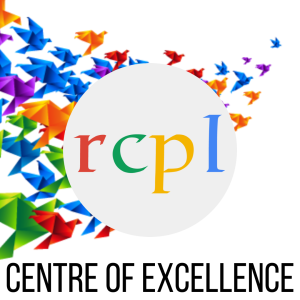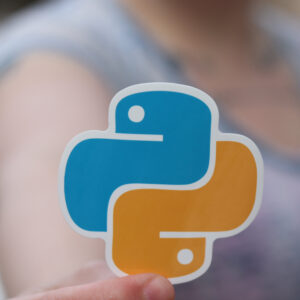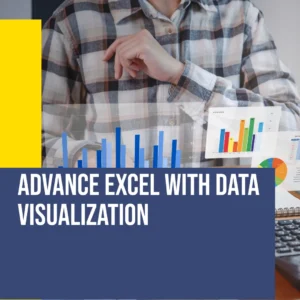JAVA (Basic and Advance)
Original price was: ₹3,388.98.₹2,999.00Current price is: ₹2,999.00.
Description
Overview
Throughout the course, hands-on exercises (both classroom & Lab Assignment) are designed to teach object oriented programming using the Java Standard Edition programming language.
Prerequisites:
No experience is required, But fundamental knowledge of C/C++ would be helpful.
Key Learning Outcomes:
•Learn the syntax, semantics and idioms of the Java programming language.
•Gain confidence in object oriented programming principles through lots of practical exercises that provide useful exposure to the core Java class libraries.
Targeted Audience
• Students who want to get selected in Top-Tier IT Companies like TCS, Infosys , Microsoft , Samsung , Google , Amazon , Facebook , Wipro and all leading MNC’s of the world .
• Students who wish to work in the capacity of Full Stack Web Developer.
• B.Tech/MCA/BCA/B.Sc IT/M.Tech Students/Working Professionals from Corporate.
Test & Evaluation
• During the program, the participants will have to take all assignments given to them for better learning.
• At the end of the program, a final assessment will be conducted.
Certification
• All successful participants will be provided with a certificate of completion.
• Students who do not complete the course / leave it midway will not be awarded any certificate.
Duration
100 hours (40 hours ONLINE LIVE sessions + 60 Hours of assignment)
Delivery Mode:
Online Live Instructor led learning.
You can also give us a call on Mobile +91-9335469335





